News & Commentary
It's official: New Hampshire will offer an "X" gender marker for state driver's licenses
On Wednesday, July 10, 2019, New Hampshire enacted a bipartisan bill that will provide an “X” gender marker on state driver's licenses for people who identify as non-binary, rather than only an “M” or an “F”.
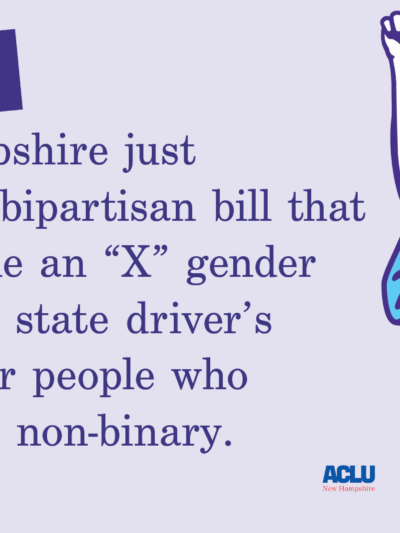
How My Question Helped Move Joe Biden on Abortion Access
My name is Nina Grey. I’m a 77-year-old retired Unitarian Universalist minister, and I was the voter who asked Joe Biden the question, “Will you commit to abolishing the Hyde Amendment, which hurts poor women and women of color?” As a volunteer with the ACLU’s Rights for All campaign in South Carolina, we have been asking all the candidates where they stand on doing away with the policy, which bans coverage of abortion through Medicaid with very narrow exceptions.
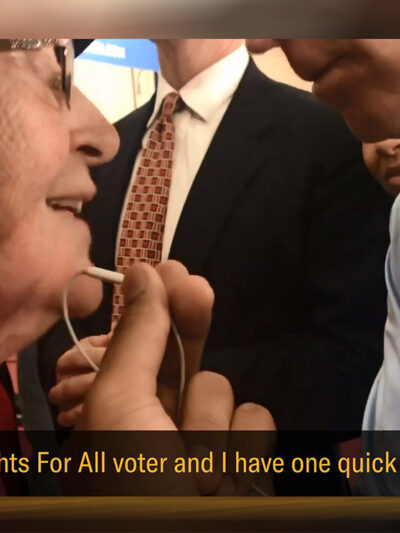
The FBI Has Access to Over 640 Million Photos of Us Through Its Facial Recognition Database
We already know that the FBI has a massive facial recognition apparatus. We know the agency has slowly been working towards getting access to photos of almost every American to run through this system. We also know it is building this mass surveillance infrastructure without clear authorization from Congress, safeguards, or public input.
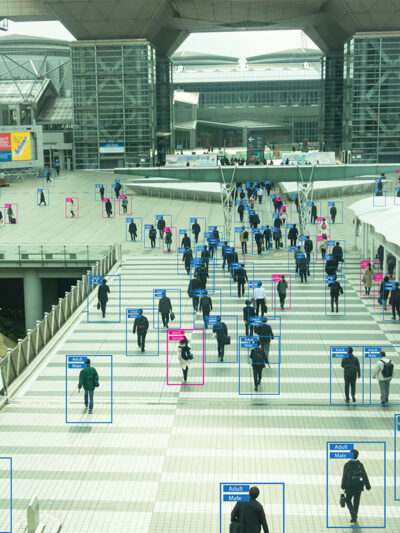
New Hampshire Repealed the Death Penalty
As of Thursday, May 30th, New Hampshire is a state without the death penalty. It took decades to be able to say that. In the end, it came down to a single vote in both the state House and Senate. Thursday’s Senate vote means that all of New England is free of the death penalty, making it the first full region of the country to reject capital punishment.
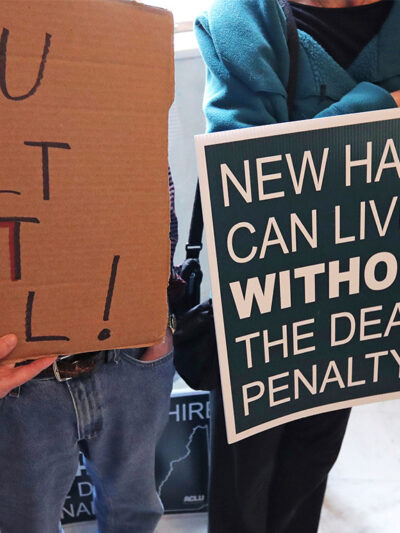
The Next President Can Cut Incarceration Rates in Half
On any given night in the United States, more than 2.2 million people go to sleep behind bars in prisons and jails. People cycle in and out of jail more than 10 million times a year. The U.S. incarcerates more people, both in absolute numbers and per capita, than any other nation in the world.This current state of affairs is the result of policy decisions made over the last several decades to lock up more people with longer sentences and to make it much easier to go back to prison once out. These “tough on crime” policies have disproportionately targeted Black and brown people, shattered neighborhoods, and separated families.Bold leadership from the next president can help bring an end to this shameful era.As part of our Rights for All campaign, we are asking candidates for president to pledge to cut the federal prison system by 50% by the end of their presidency and to work with states to cut their jail and prison populations by 50%.The next president must tackle the country’s mass incarceration crisis in a way that restores fundamental civil liberties, upholds human dignity, combats racial injustice, prioritizes rehabilitation, and leads to safer and healthier communities.Members of both parties have supported efforts to cut the jail and prison population, including efforts to reduce harsh prison sentences and pre-trial incarceration, invest in community-based social services, and use mental health treatment and substance abuse counseling as alternatives to incarceration.Indeed, the recent signing of the federal First Step Act shows that efforts to reduce the number of people behind bars have bipartisan support. This federal legislation followed years of bipartisan activity in the states, where Republicans and Democrats have been working together to end mandatory minimums and scale back long prison sentences, end the war on drugs, grant parole to people who are ready to go back home, expand mental health services, hold prosecutors accountable for fueling mass incarceration, and much more. In 2018 alone, at least 122 criminal justice reform bills passed in the states. The result will be thousands of fewer people incarcerated.We’re starting to see the returns on past efforts lead to significant reductions in incarceration. Bail reform, which is meant to reduce the number of people who are jailed before trial, took effect in New Jersey in 2017. And since then, the jail population has decreased by more than 20% while crime rates continue to go down.There are a number of possible policy paths that could lead to a 50% reduction in the incarcerated population, but the biggest piece we lack is the leadership to get there. What we need is a president who can show it is possible by cutting the federal prison population 50% by the end of their presidency, while championing and incentivizing a 50% cut in the states.
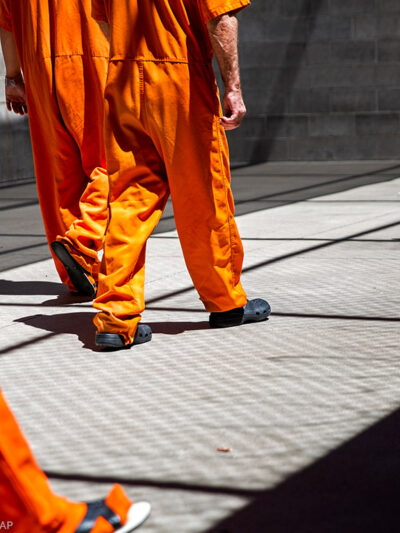
It’s New Hampshire’s Time to Repeal the Death Penalty
For over three decades in New Hampshire, there has been a rising call to repeal the death penalty. That call has, until recently, gone unanswered. In 2019 that could all change.
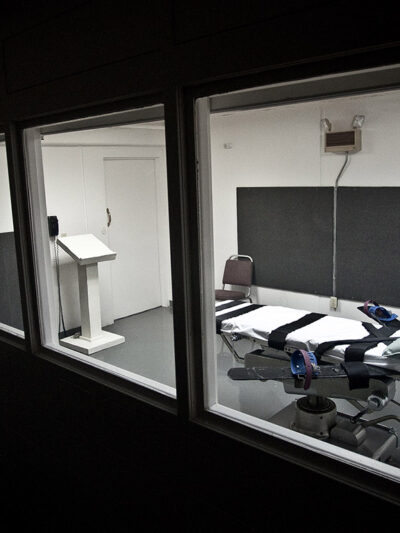
Supreme Court Takes Cases of People Fired for Being LGBTQ
Can a business fire someone because they’re LGBTQ? The Supreme Court will soon tell us.
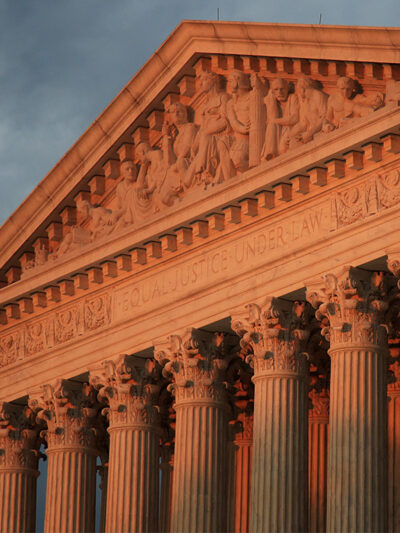
Marijuana Legalization Is a Racial Justice Issue
Marijuana has been a key driver of mass criminalization in this country and hundreds of thousands of people, the majority of whom are Black or Latinx, have their lives impacted by a marijuana arrest each year. But the tide is turning against the remnants of a drug war targeted at Black and Brown people that was never meant to increase public safety in the first place. Legalization is an important step towards ending the war on drugs, and it cannot come soon enough.
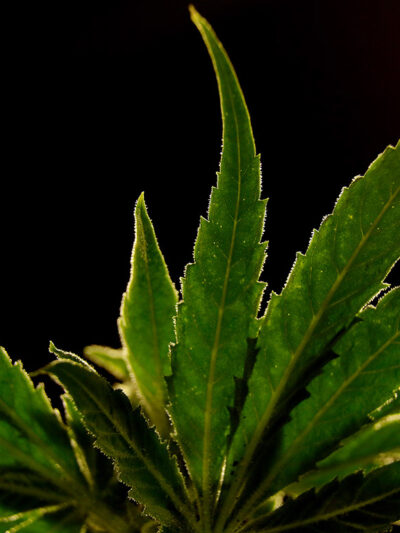
America’s Pretrial System Is Broken. Here’s Our Vision to Fix It.
Every year, millions of people are arrested, required to pay money bail they cannot afford, separated from their families and loved ones, or subjected to long periods of incarceration based on the mere accusation of a crime. This all occurs while people are presumed innocent under the law. Black and brown people, their loved ones, and those without the economic resources to thrive suffer the worst harms.
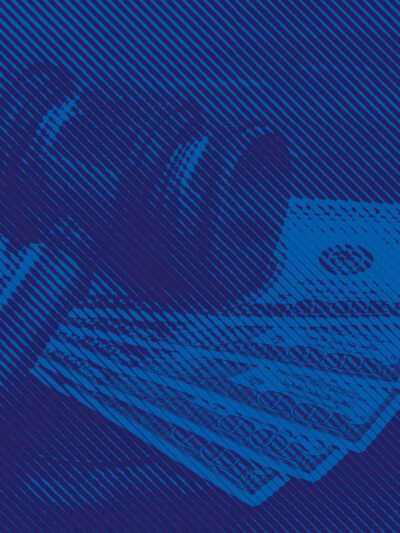
Stay Informed
Sign up to be the first to hear about how to take action.
By completing this form, I agree to receive occasional emails per the terms of the ACLU’s privacy statement.
By completing this form, I agree to receive occasional emails per the terms of the ACLU’s privacy statement.
